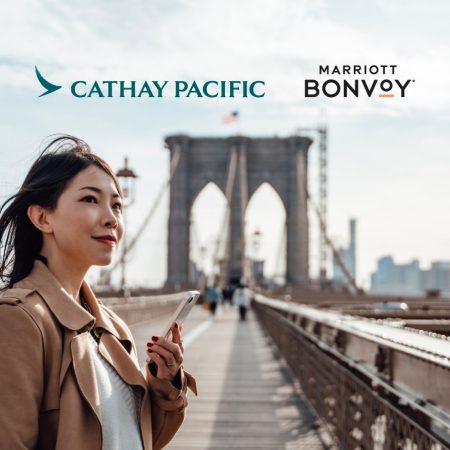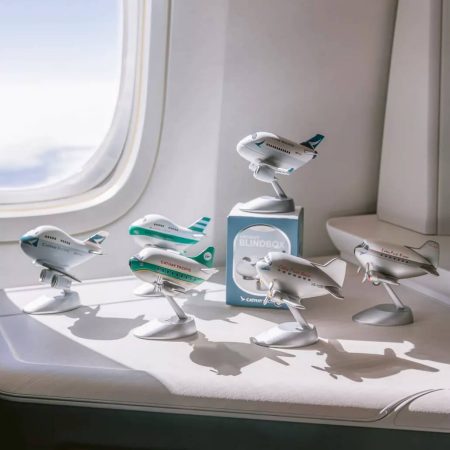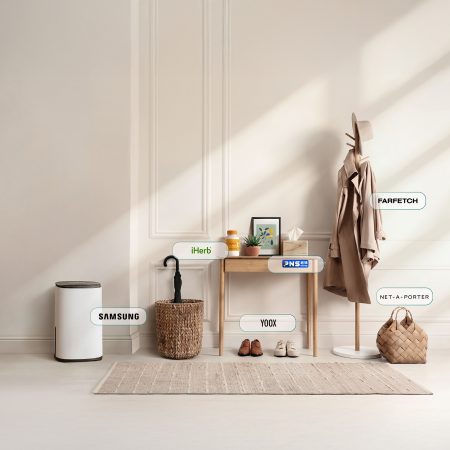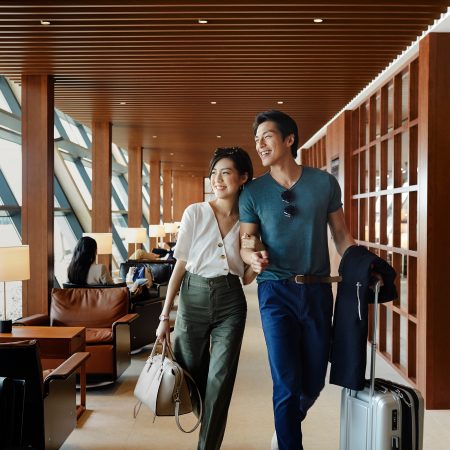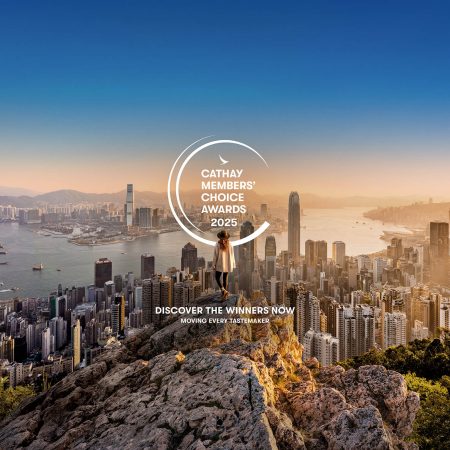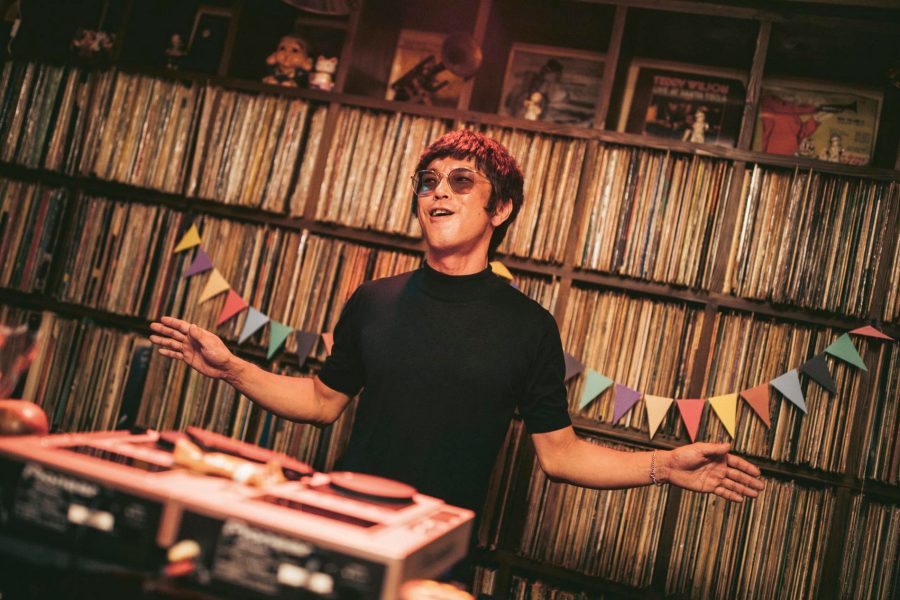‘Ankooru, ankooru,’ (encore, encore) shout the crowd as they move as one towards the DJ booth, striking up what sounds like a football chant.
Behind the decks, Ryo Kitaaki, a founder of Nude Restaurant, Japan’s leading northern soul event, is a whooping ball of energy, urging the sharply dressed patrons to even greater heights of acrobatics on the sprung wooden dance floor.
Kitaaki obliges the faithful with a Marvin Gaye classic. But it’s not one of the Motown legend’s greatest hits they are after. It’s his obscure 1965 floor filler This Love Starved Heart of Mine (Is Killing Me), a track celebrated in northern soul circles but all but buried in the singer’s extensive catalogue. The crowd goes wild. They punch the air, mouth the words and perform a series of energetic high-kicks and drops.
Meanwhile, the centre of Kobe – Japan’s sixth-largest city, near Osaka – is liberally populated with human beings oblivious to the dance inferno taking place nearby. Glamorous women clutch brand-name bags as they totter to dinner from the Motomachi shopping precinct. In restaurants diners slurp down bowls of locally favoured shoyu (soy sauce) ramen or taste cuts of the famously pampered Kobe cattle at yakiniku joints and steakhouses.

Credit: Aaron Joel Santos
But down here, in the subterranean environs of Jam Jam Club, the intensity of 1960s soul is harnessed in incendiary style by Kitaaki and the rest of the four-member Nude Restaurant team: Izumi Sawamoto, Shuhei Yoshioka and Seiji Iwabuchi.
Nurtured in casinos and ballrooms in dead-end working-class towns across the northern UK in the 1970s, northern soul – a culture in which fanatics dance to rare and up-tempo American soul from the 1960s – has experienced a robust revival in recent years. In the UK, soul weekenders and regular events across the country are, to use one of the scene’s most beloved slogans, keeping the faith.
Elsewhere, soul-focused nights with an emphasis on driving, dancer-friendly sounds are being held in cities from Melbourne to Madrid. And it is testament to the once parochial movement’s global reach that one of the world’s most febrile northern scenes has been simmering for over 20 years here in the Kansai region of Honshu, Japan’s largest island.
I arrived in Kobe acting on a tip from Scottish writer Stuart Cosgrove’s book Young Soul Rebels – a personal account of his years as a regular at storied northern venues such as Wigan Casino, Blackpool Mecca and The Golden Torch in Stoke-on-Trent. In the book, Cosgrove singles out Nude Restaurant as a shining example of how northern soul continues to electrify dancers and foment new communities in even the farthest corners of the planet.
And it swiftly becomes obvious that the Kansai crew has created something rather special. As the four event founders alternate behind the decks, the heat inside the club quickly builds. Northern favourites such as Luther Ingram’s impassioned If It’s All the Same to You Babe and the joyous Gonna Be a Big Thing by The Yum Yums provide the soundtrack as the scene’s star dancers unveil their repertoire of spins, kicks and drops.
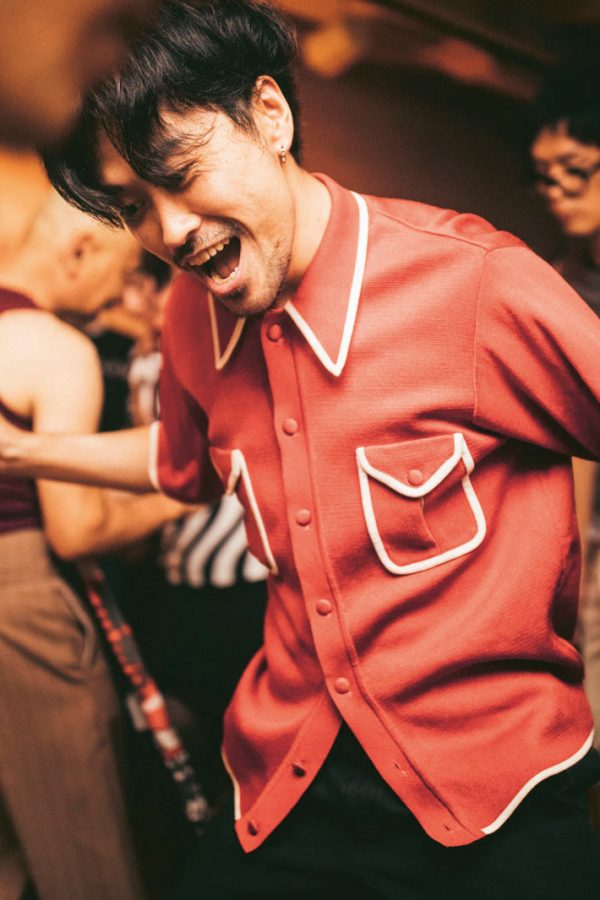
Credit: Aaron Joel Santos
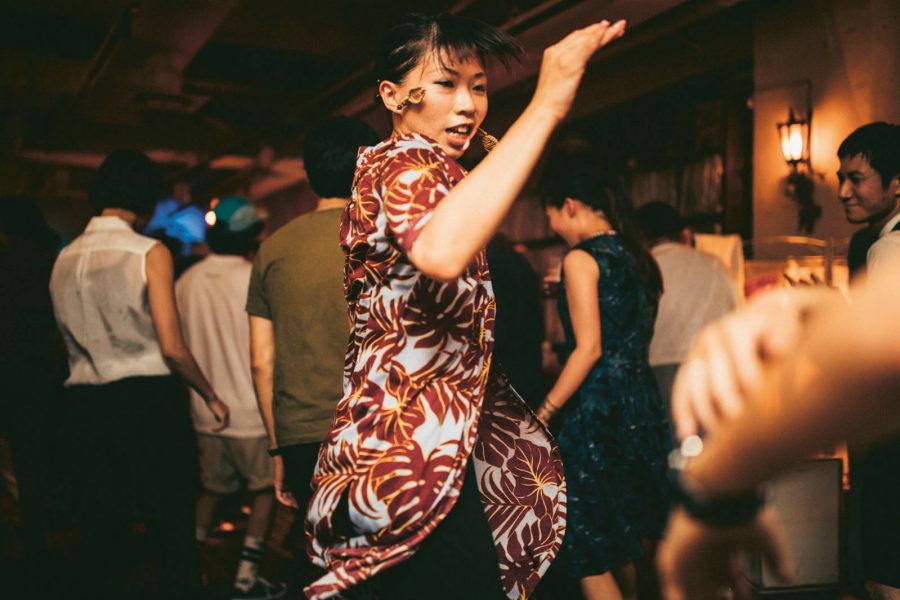
Credit: Aaron Joel Santos
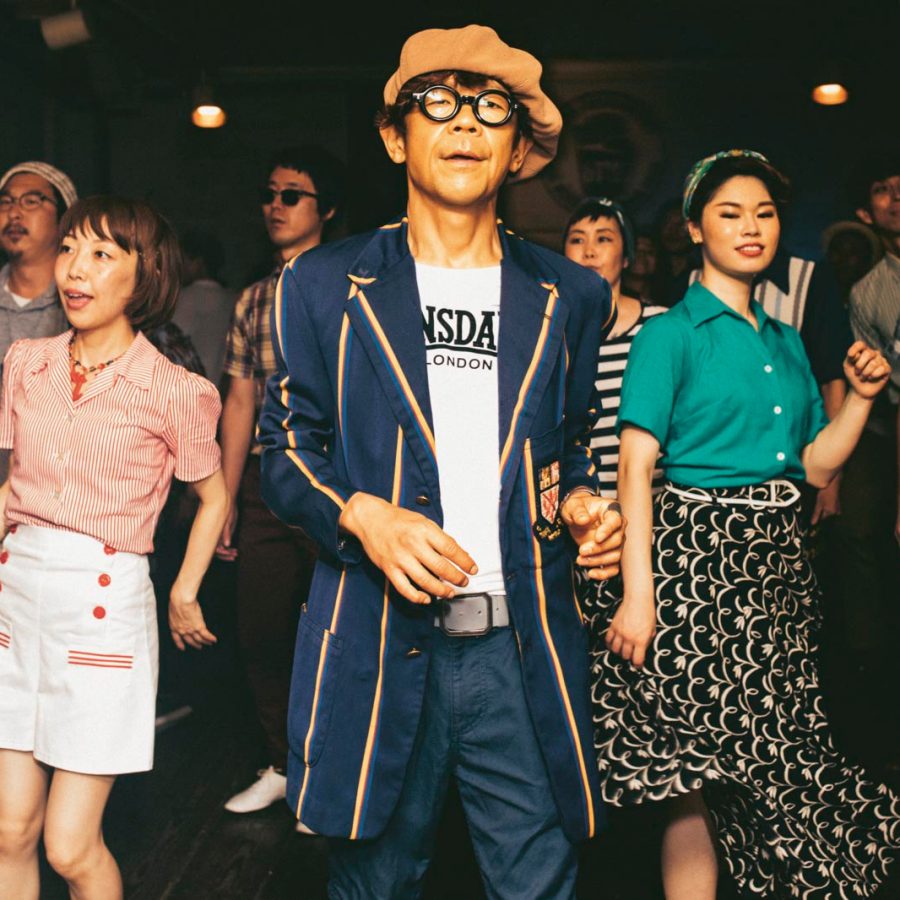
Credit: Aaron Joel Santos
‘I used YouTube videos of dancers at Wigan Casino to help me practise,’ says Johhe Nakata, who has competed – and won – at northern soul dancing championships in the UK. ‘I used to spend hours perfecting my moves in my bedroom. I actually ended up wearing a hole in the tatami floor.’
In fact, it’s this cultural removal from the traditional hotbeds of northern soul that makes the success of Nude Restaurant both special and surprising.
‘You cannot compare England with Japan,’ says Sawamoto. ‘We had no history, no knowledge, no audience, no records. It was a huge challenge. In Japan, we had to start from nothing and teach our audience what northern soul was. Songs, dancing, spirit: all of this we had to communicate to our crowd. And we have to keep passing on this information every month.’
It was a series of pilgrimages to the UK in search of the mother lode of mod culture that formed the basis for Nude Restaurant as it is today. Kitaaki started the event back in 1994 as a 1960s night, playing an eclectic range of beat, soul, R&B and jazz. After visiting London’s legendary 100 Club to witness a northern-only set by Keb Darge, a prominent figure in the movement, Kitaaki gravitated his playlists more heavily towards northern soul. The other three Nude Restaurant co-founders all (separately) made the same long odyssey to London to further their musical education, returning energised with tales of sweat-soaked camaraderie and rare records, and with a willingness to spread the gospel in their home cities of Kobe and Osaka.
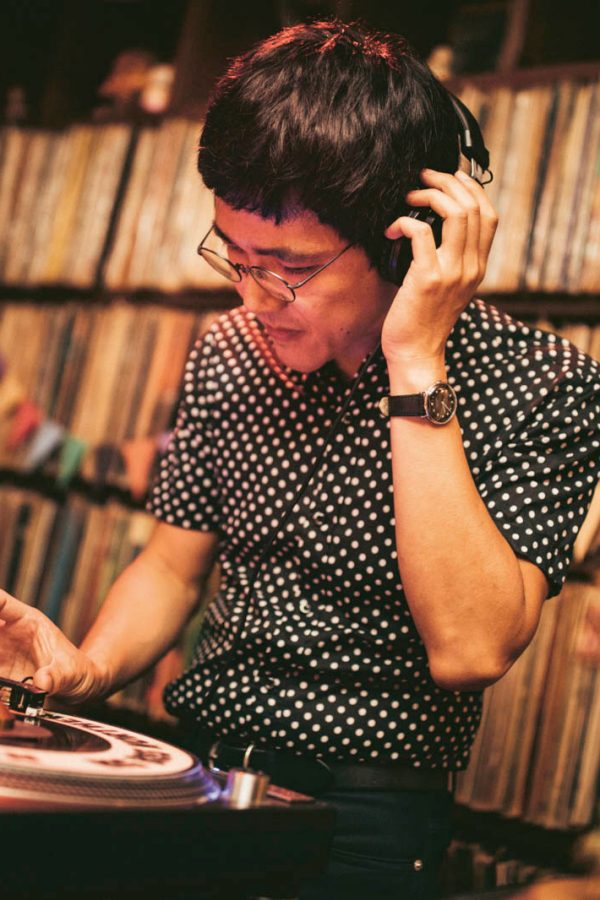
Credit: Aaron Joel Santos
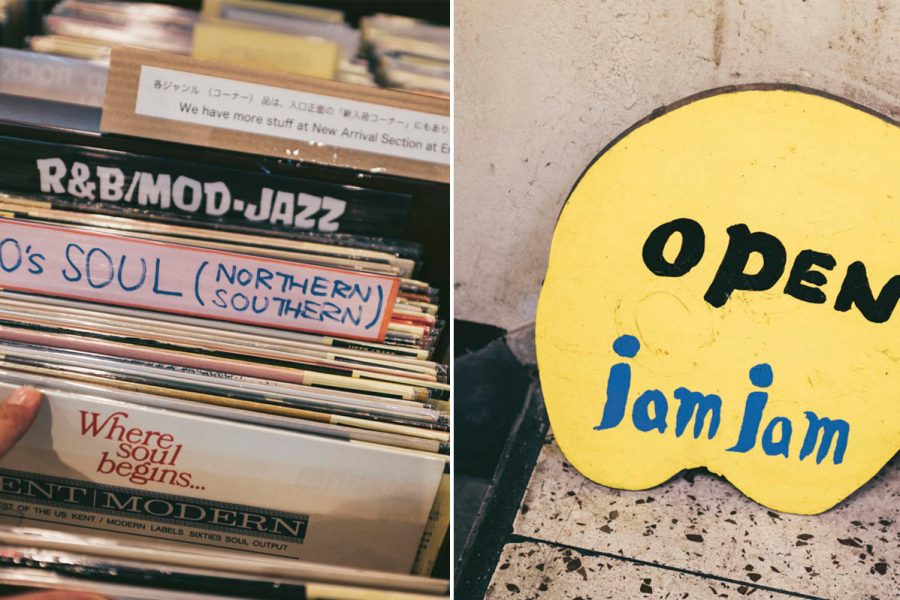
Credit: Aaron Joel Santos
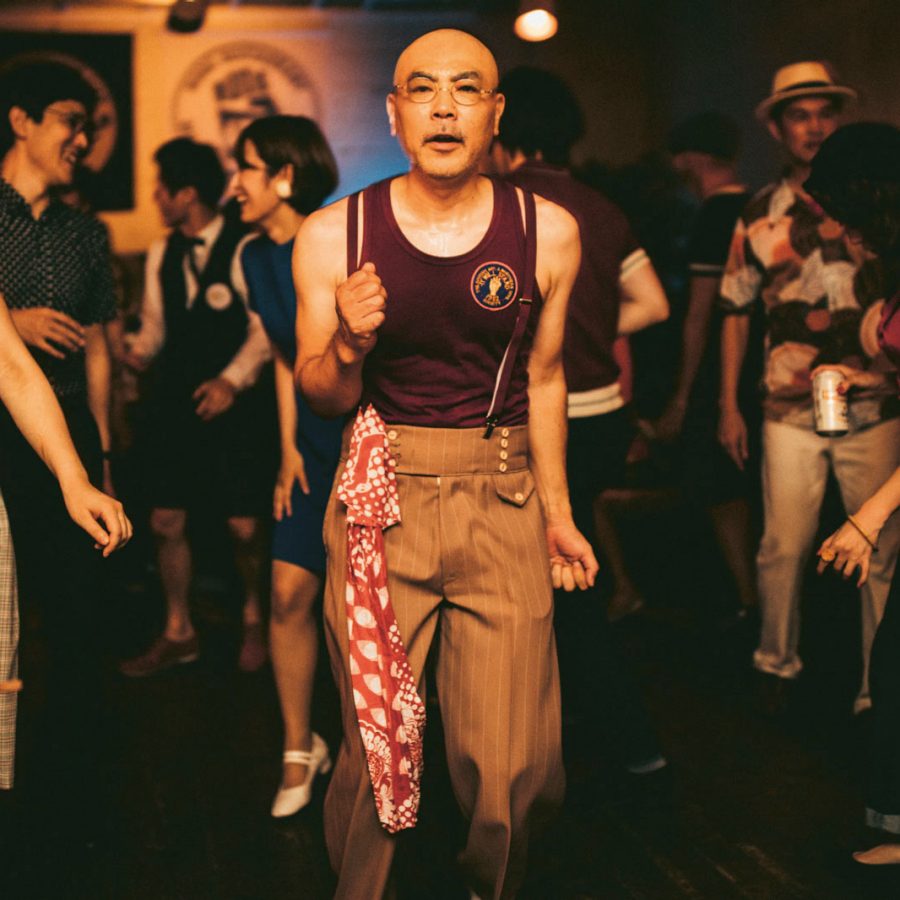
Credit: Aaron Joel Santos
Yet, although the UK influence looms large in the Nude Restaurant legend, the night is in no way a mere facsimile.
‘There’s something very special about the atmosphere,’ says Dave Flynn, the founder of London’s Capitol Soul Club and a regular guest DJ at Nude Restaurant. ‘On the UK scene, even in its heyday, everything was a little bit more competitive and judgemental. It was less friendly. The guys that run Nude Restaurant are all very charismatic but they give off a friendlier, more open vibe. It feels more inclusive, like a family. You can come here knowing nobody and leave with about 20 new mates.’
Back inside Jam Jam things are winding down. Punters share stories, jokes and cigarettes at the bottom of the stairs leading to the club. Inside, the bar is pouring last orders of Kirin beer and whisky highballs, as old and new friends alike chat in front of the decks or flop exhaustedly onto long leather couches. While the northern soul scene in the UK is famous for its all-nighters, licensing and noise laws in the centre of Kobe are stricter. What’s more, nobody wants to upset the venue’s genial jazz-buff owner by overstaying their welcome. ‘He’s a martial arts master,’ laughs Yoshioka.
On the dance floor, the lights come on to reveal a parade of grinning, sweaty, shirtless male dancers. Even the women – most of whom began the night looking like Japanese versions of 1960s mod style icons Twiggy and Cathy McGowan – are ending the evening slightly dishevelled. Kitaaki pauses, eyeing the clock before bringing the needle down on Love Slipped Through My Fingers by Sam Williams. As the driving beat kicks in, the floor sparks back to life. When the music is this good, it’s hard to say no to another ankooru.
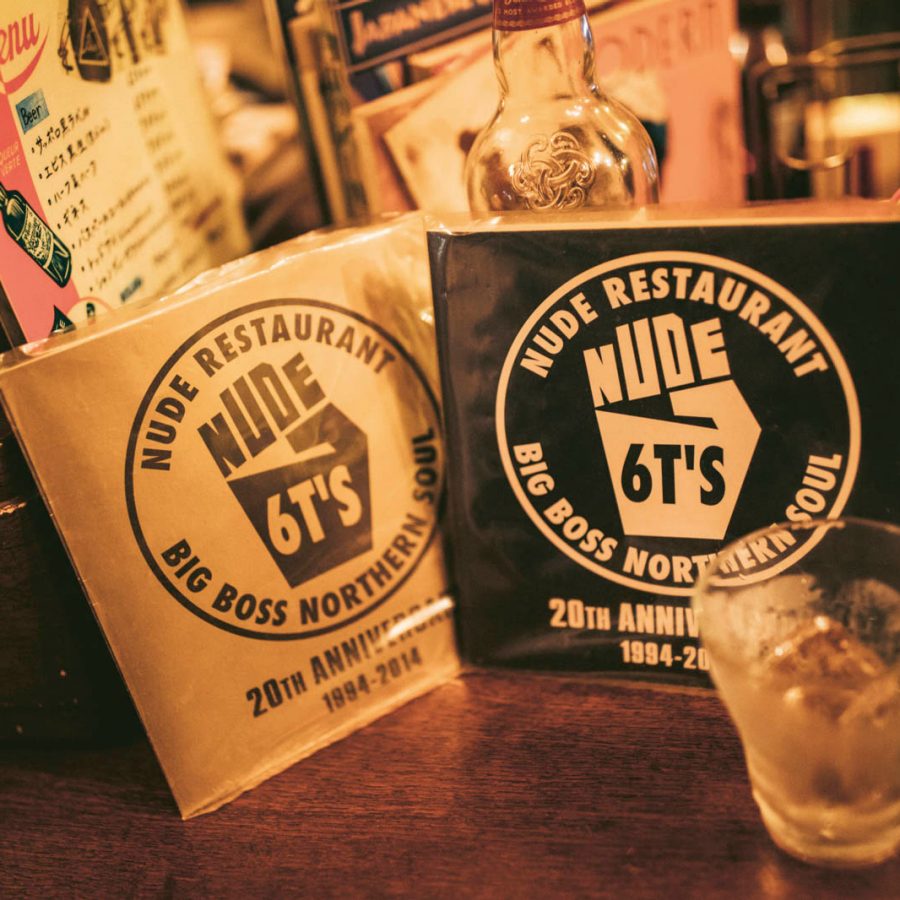
Credit: Aaron Joel Santos
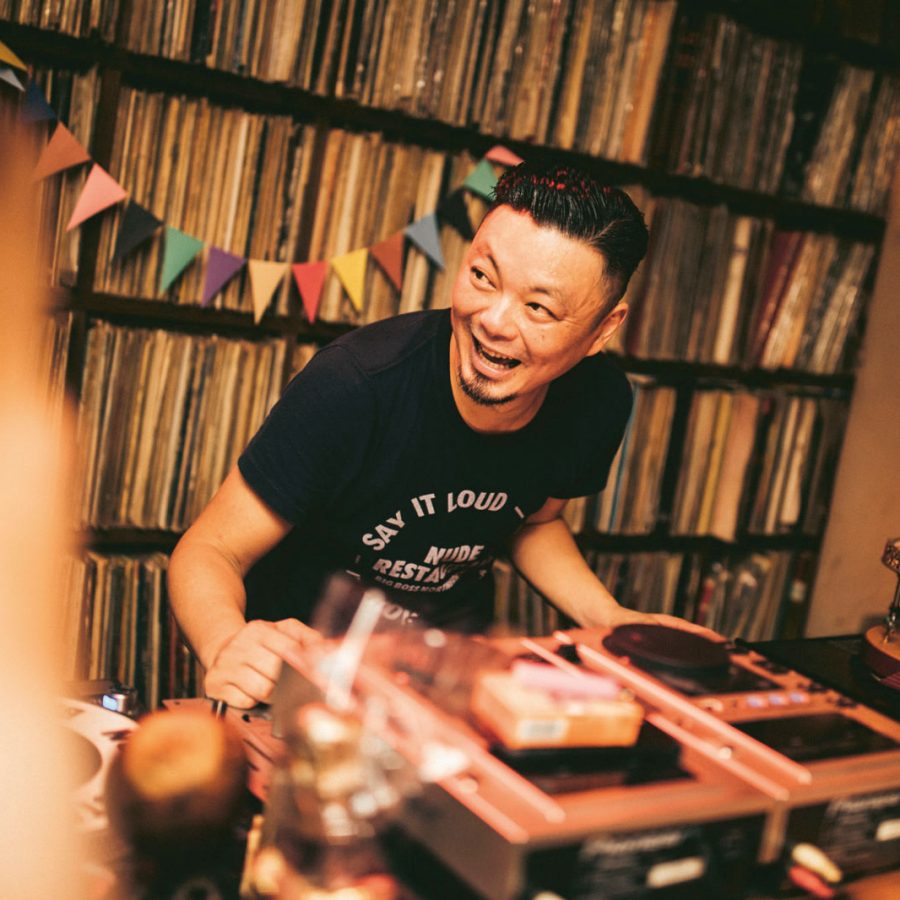
Credit: Aaron Joel Santos
Kansai’s soul hotspots
While Nude Restaurant only takes place on the last Saturday of every month at Jam Jam (1-7-2 Motomachidori, Kobe), there are other places to scratch an itch for soul music in the Kansai region.
A great place to visit in Kobe – especially on the Friday before a Nude Restaurant event – is Pub Kenneth (1-2-11 Sakaemachidori), which is owned by Ryo Kitaaki. His affection for the UK is apparent from the bar’s wood panelling and cosy and convivial little booths. As you might expect, northern soul is prominent on the playlist. However, Kitaaki mixes things up with everything from jazz to ska on the soundtrack.
Osaka is not short on great soul-inflected draws. Vinyl hunters head to shops such as Time Bomb (2 Chome-9-28 Nishishinsaibashi) and Afro Juice (1-6-24-301 Kitahorie), both of which stock soul along with other genres. For a break from the freneticism of northern soul, unwind at Milk Bar (2-8-21 Higashi Shinsaibashi) where the smooth, lush sounds of classic 1970s soul vinyl are curated by its knowledgeable owner.
Hero image credit: Aaron Joel Santos
Osaka travel information
- China – the Chinese Mainland, Hong Kong SAR, Macao SAR and Taiwan Region
- Hong Kong SAR - English
- Chinese Mainland (China) - English
- Taiwan, China - English
- 香港特別行政區 - 繁體中文
- 中国內地 - 简体中文
- 中國台灣 - 繁體中文
- Africa
- South Africa - English
- Asia
- Bangladesh - English
- Korea - English
- Singapore - English
- Cambodia - English
- 한국 - 한국어
- Sri Lanka - English
- India - English
- Malaysia - English
- Thailand - English
- Indonesia - English
- Maldives - English
- ประเทศไทย - ภาษาไทย
- Indonesia - Bahasa Indonesia
- Myanmar - English
- Vietnam - English
- Japan - English
- Nepal - English
- Việt Nam - tiếng Việt
- 日本 - 日本語
- Philippines - English
- Australasia
- Australia - English
- New Zealand - English
